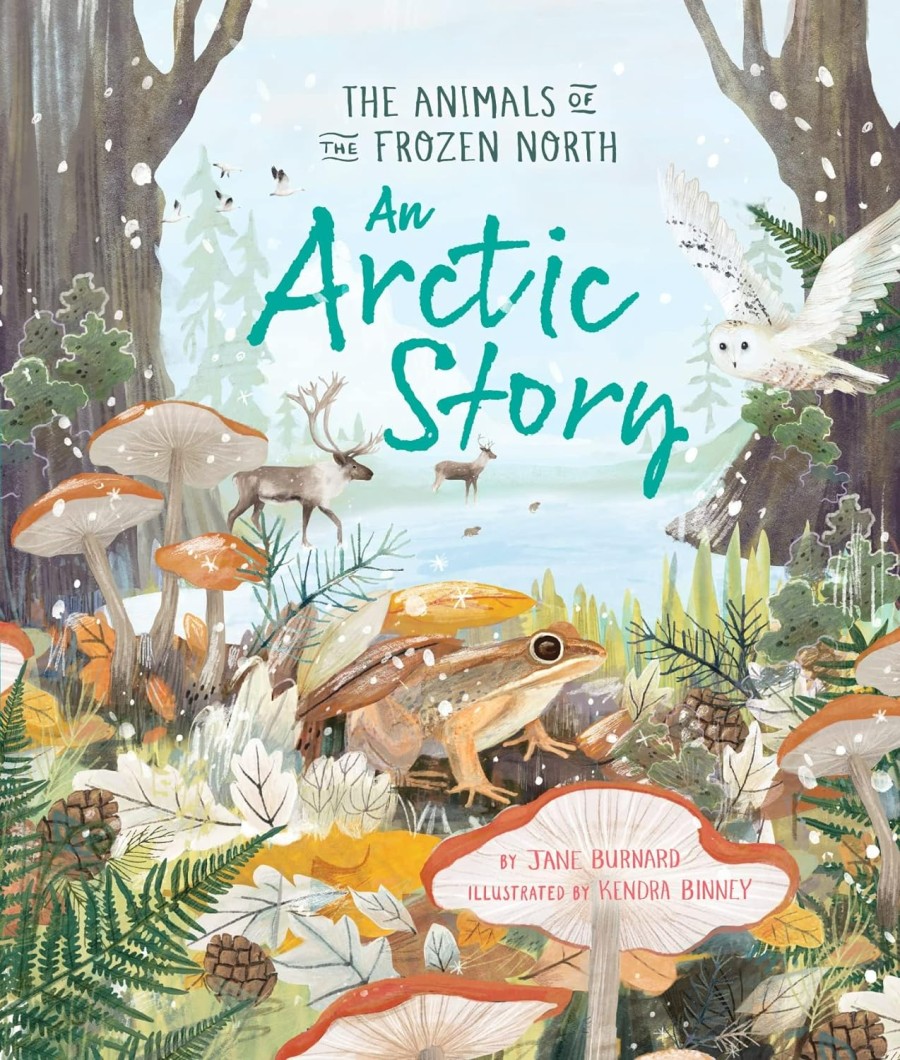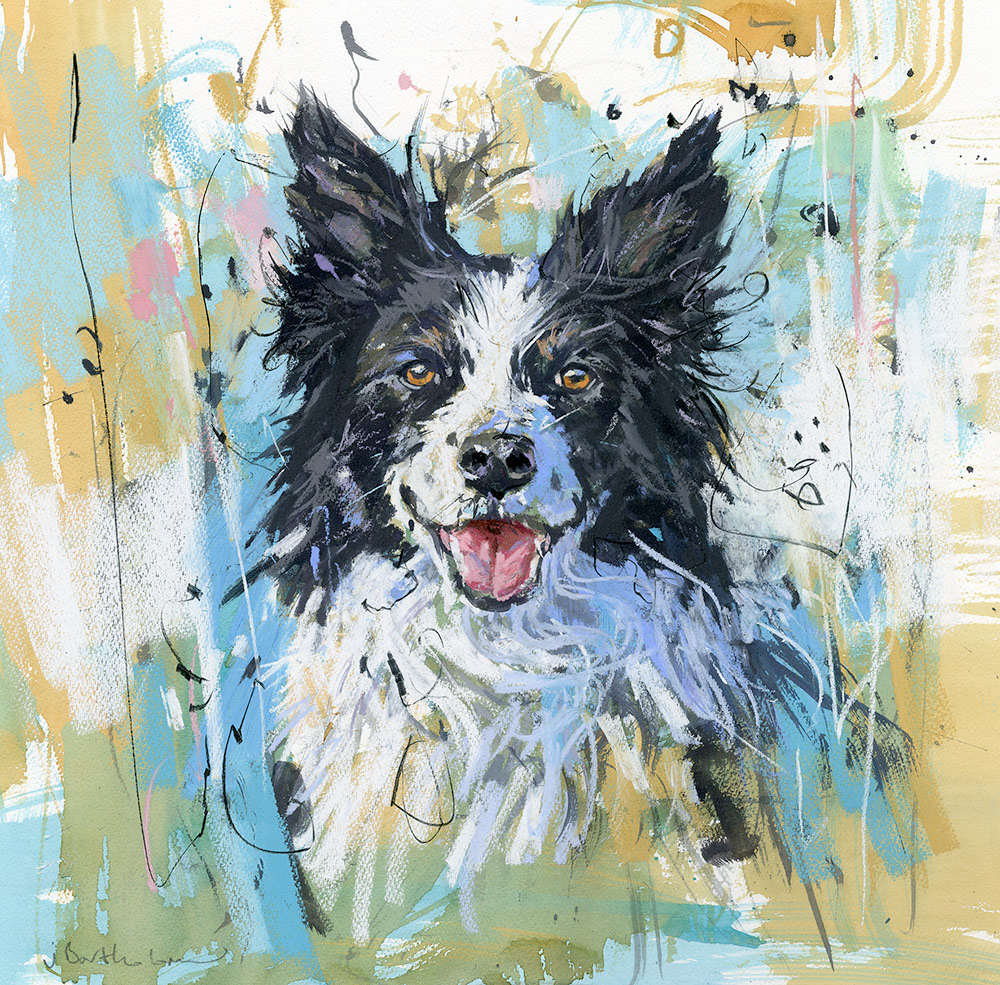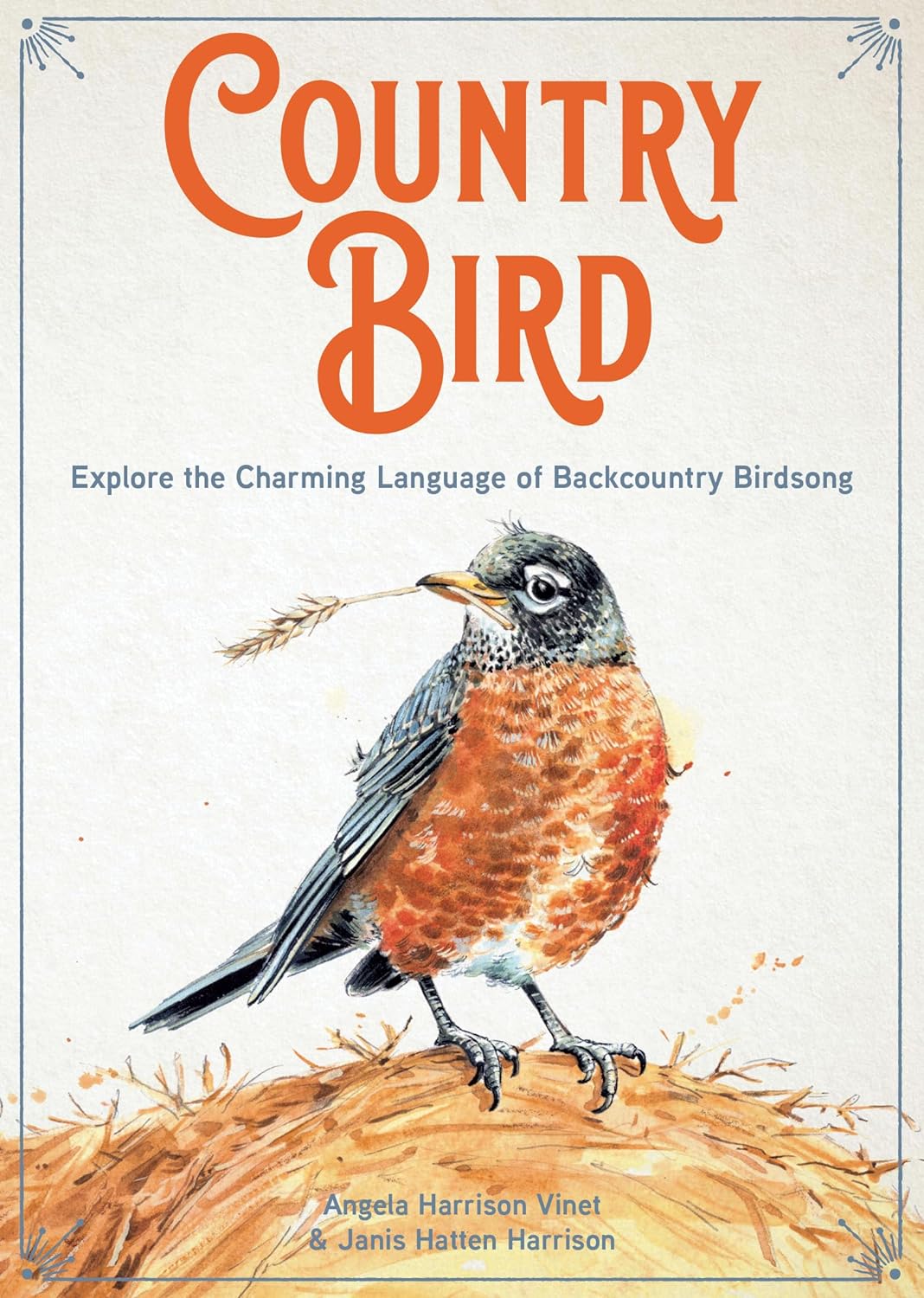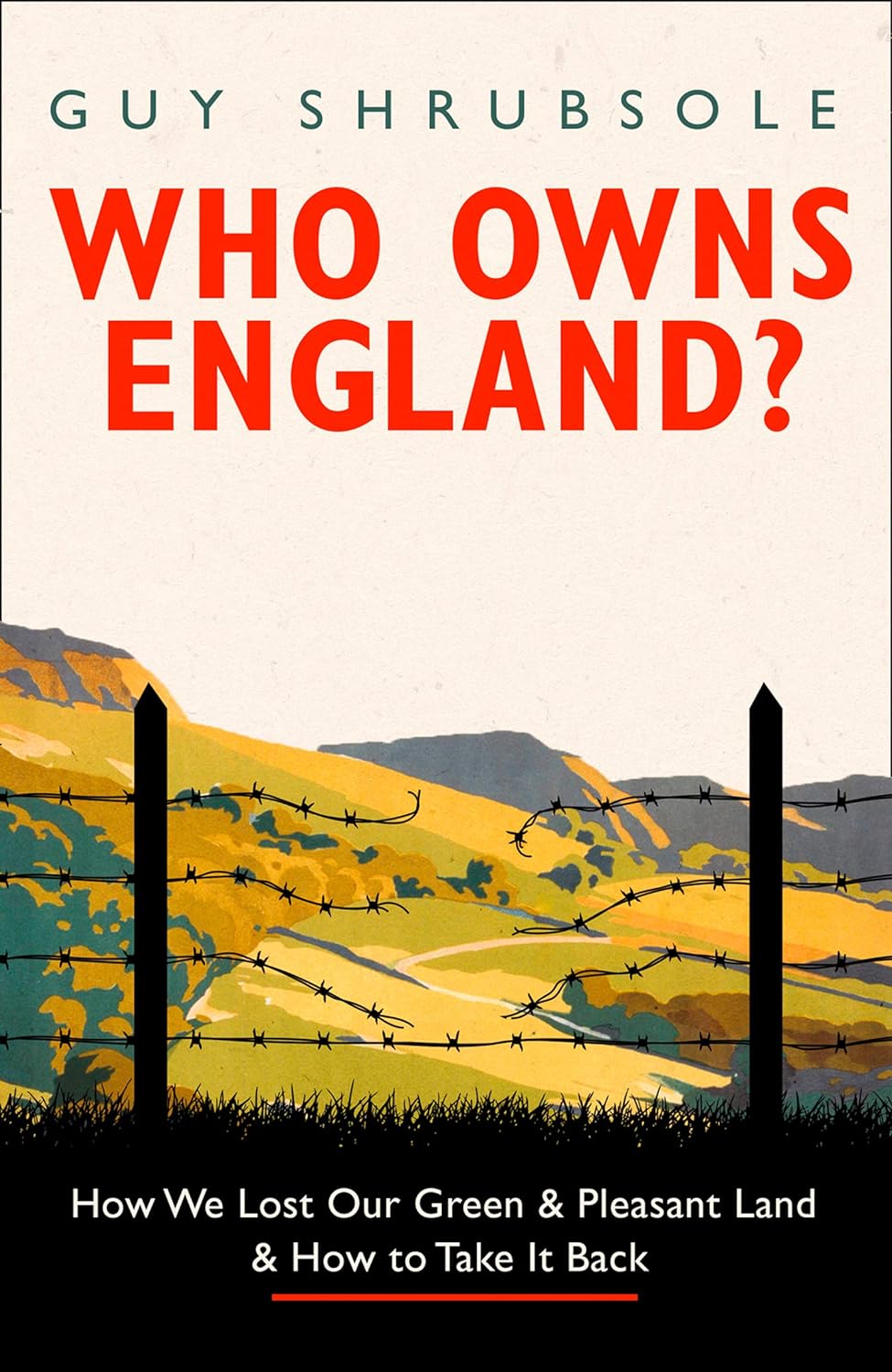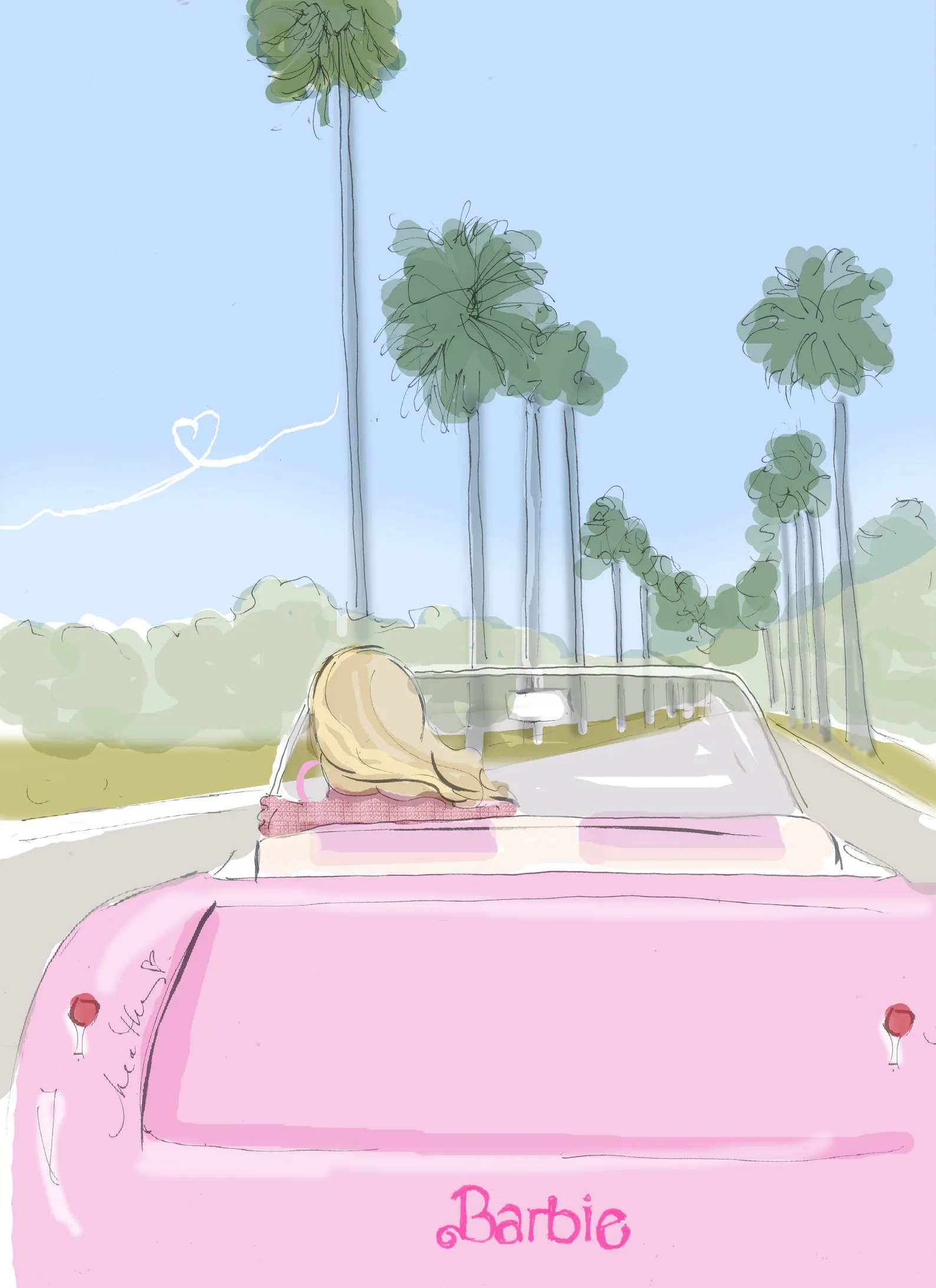
Roaming Wild is the story of how the charity CIWF (Compassion in World Farming) was founded. It’s not a vegan charity, but was in fact founded by concerned dairy farmers, and has gone onto achieve huge milestones like banning fur farming and sow crates in the UK and educating on which labels to trust, and which food labels are rubbish.
Anna and Peter started the world’s most successful animal welfare charity from a back room with few funds. Both born in the 1920s, they lived through World War II and married in the 1950s, then worked as dairy/chicken farmers in rural Hampshire. After going vegetarian, they became aware of cruel battery egg and broiler systems, so set up a charity to help all farmed animals, believing everyone (no matter what their diet) would support them – and they did.
From challenging EU legislation to battling corporate giants like McDonald’s, this is a truly inspiring story of one humble couple, who decided they would try to help animals. They even challenged the British Royal Family to go free-range and also put animal welfare on the agenda of all major political parties.
Their most famed case was against an order of Catholic monks who were raising veal calves in crates not big enough to turn around in (Jesus would not be pleased). They actually lost the case, but the resulting furore led to the banning of veals crates in the UK. An ‘ordinary couple with an extraordinary mission’, this book is also a story of 50 years of love.
Author Emma Silverthorn is the granddaughter of the founders of Compassion in World Farming. She has worked as a writer and educator for over 12 years, her interests focusing on animal sentience, nature and the environment, as well as the effects of post-war agriculture systems on biodiversity and the lives of farm workers.
how a California county is banning factory farms
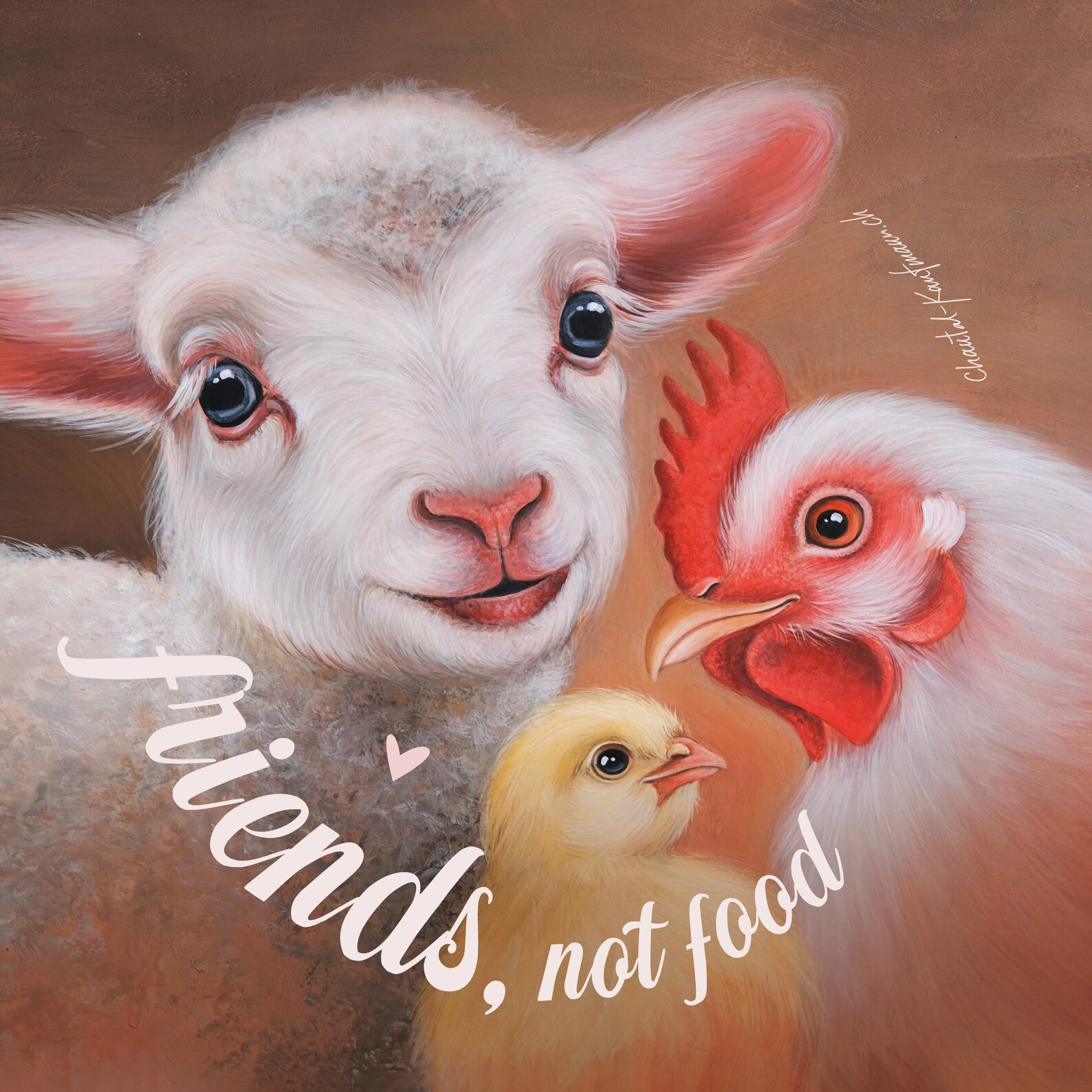
The Californian county of Sonoma in the US, a proving that grassroots campaigning really does work. Volunteers and campaigners are on the threshold of becoming the first to actually succeed in bringing a law to ban factory farms locally, and make laws to reduce numbers in existing farms and stop the building of any more slaughterhouses. A similar initiative is happening in Berkeley, near San Francisco. This is having a knock-on effect with Denver (Colorado) considering a similar measure.
The Sonoma ballot came after residents were shocked and upset by a few cruelty cases that came to light. The case is not just for animals but also to protect the environment, due to carbon emissions and pollutions. Factories affected will take into account the number of animals, how long they are confined and how much pollution they cause to the local environment. The campaign also hopes to have a retraining of the local welfare officer, for better standards for anyone raising animals for food in the local area.
Sonoma County is a beautiful place known for its wine, and home to a thriving community (including one of the world’s tiniest bookstores – a little hut on the street, which we think is a fabulous business idea!) It already had suffered environmental consequences back in the 19th century, when Native American tribes (who relied on Tolay Lake for healing) suffered after it was drained when a farmer drained it, using dynamite.

